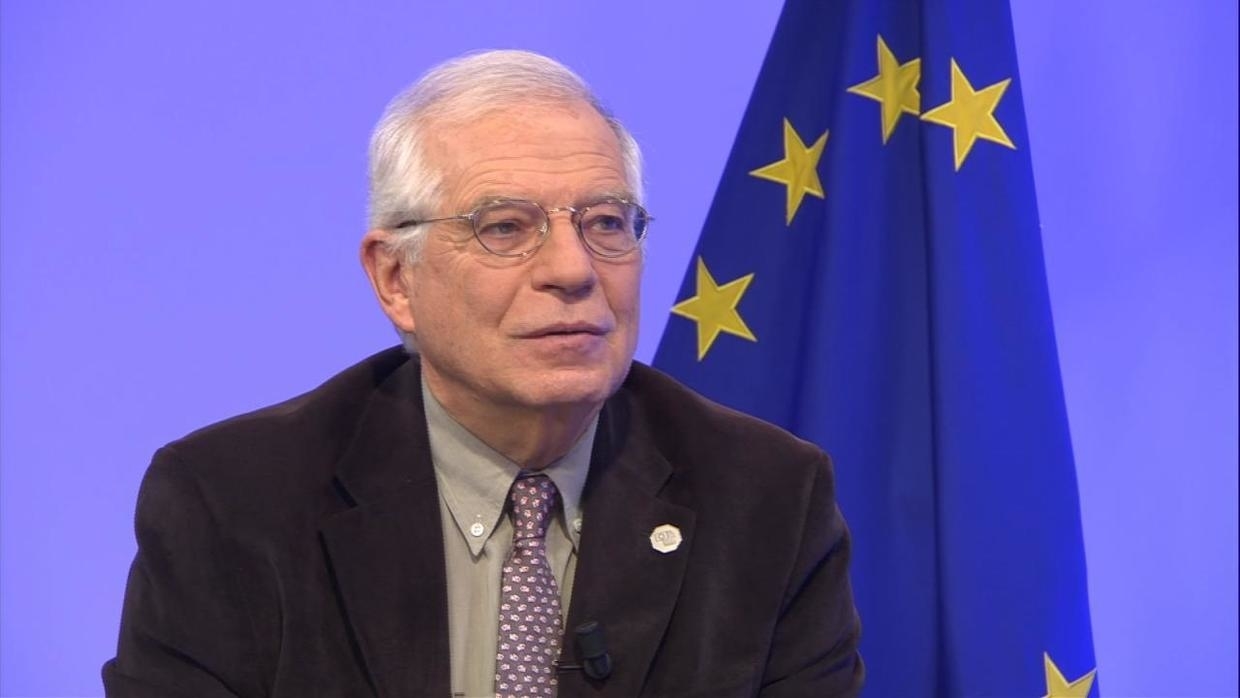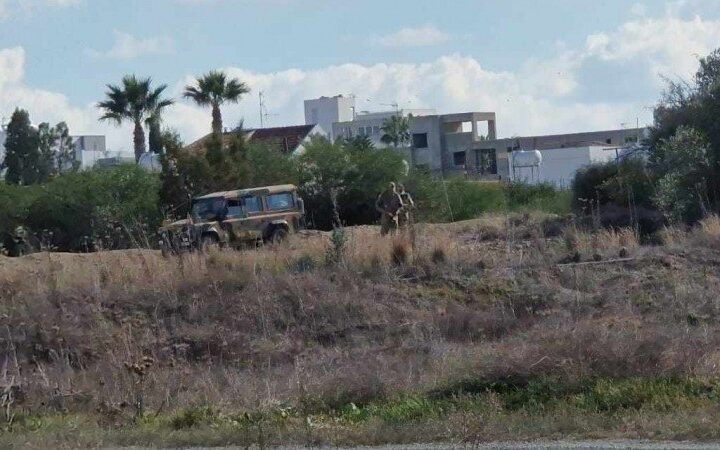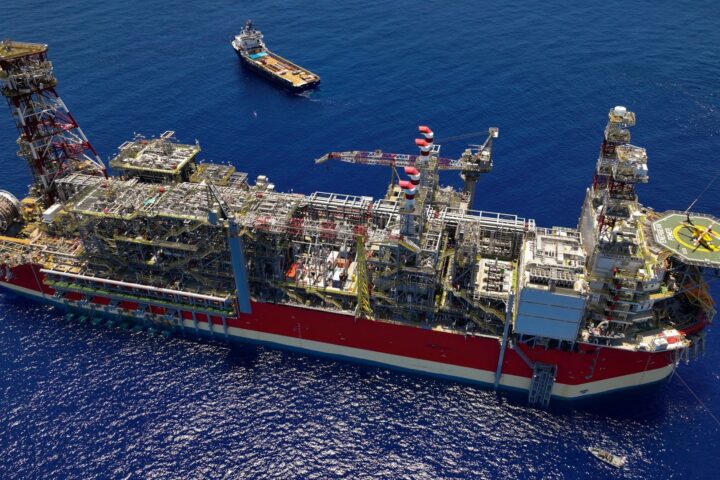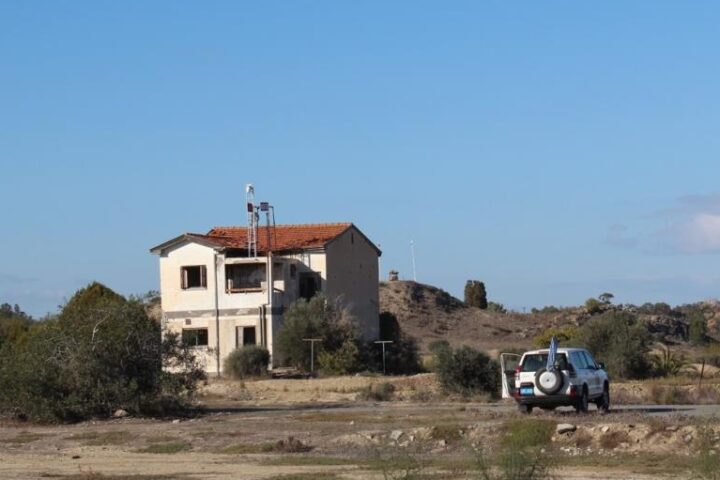Only through dialogue can the Mediterranean become a more secure and stable region, EU foreign policy chief Josep Borrell told a European Parliament discussion on Turkey-EU affairs.
He addressed the plenary session in Brussels on the situation in the Mediterranean and Turkey`s “problematic role in the region”.
Borrell has recently returned from a tour of the region which encompassed visits to Athens, Nicosia and Ankara.
“We are determined to protect the principles and values, the external borders and the sovereign rights or the Member States,” said Borrell
The EU Council of Foreign Ministers will consider Turkey’s role in the region on Monday 13 July.
“In the Eastern Mediterranean, Turkey has been showing a worrying assertiveness – with an increased number of flights over Greek islands in the Aegean Sea, drilling operations in Cypriot Exclusive Economic Zone and signature the maritime Memorandum of Understanding with Libya – which we do not recognize here in the EU.”
Borrell said Brussels has sent a clear message to Turkey that the EU will protect principles and values, external borders, and the sovereign rights of Member States.
“We will also continue to work towards genuine political solutions in Syria and Libya. Turkey is an important partner, a candidate country and a NATO ally.”
“The current negative trend in our relations needs to be stopped and reversed. Dynamics of retaliation do not make the Mediterranean a more secure and stable zone.
This will only be achieved through dialogue and negotiations where discrepancies exist. This is what I have been discussing with Turkish colleagues on my last trip.
We have many common interests on which to build.”
“I have just returned from intensive discussions in Turkey and Malta. The previous week, I visited Greece and Cyprus to demonstrate the EU’s unwavering solidarity.
And it is clear, the stability and security in the Mediterranean require our collective engagement.
Years of conflicts in Libya and Syria impact the broader regional security, and directly affects Europe in terms of risks for terrorism, organised crime, uncontrolled migration flows and further spread of instability, for instance, towards Sahel and the broader Middle East.
Turkey is affected by this situation as well, and is active in conflicts both in Syria and in Libya…it is one of the most important actors in this”.
Borrell said Turkey has shown “solidarity and generosity” towards 3.6 million Syrian refugees and has supplied cross-border humanitarian assistance to those displaced by the recent brutal fighting in Idlib.
“In Libya, we need to work better together to launch a real political process. It is important to support the Berlin process.
We are committed to implementing the UN arms embargo and, with Operation Irini, we will continue to monitor closely suspect trafficking, regardless of provenance or destination.”










